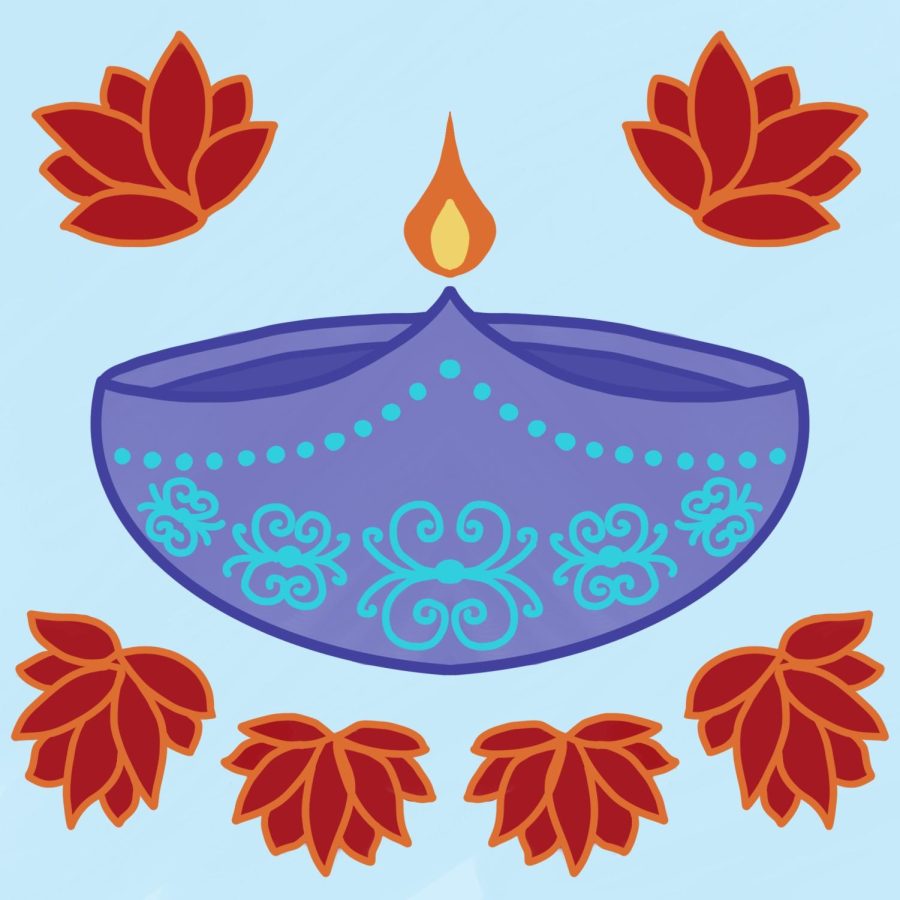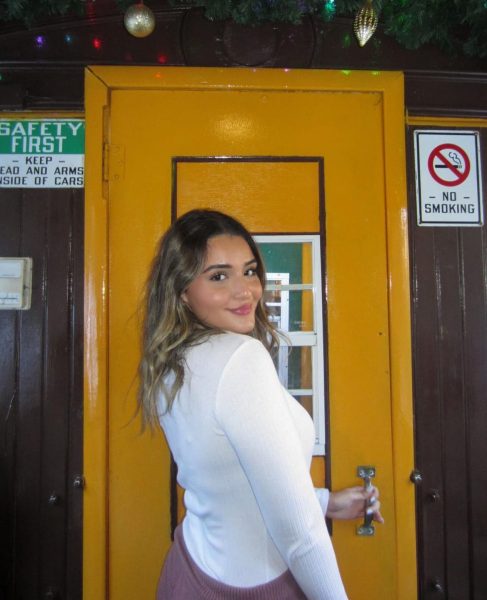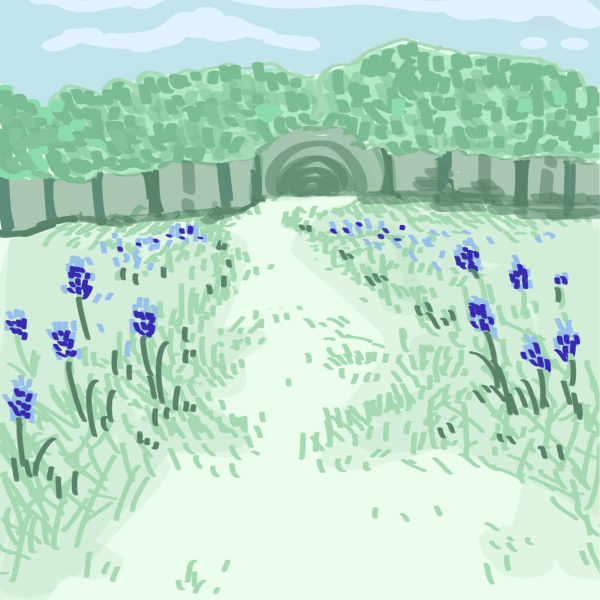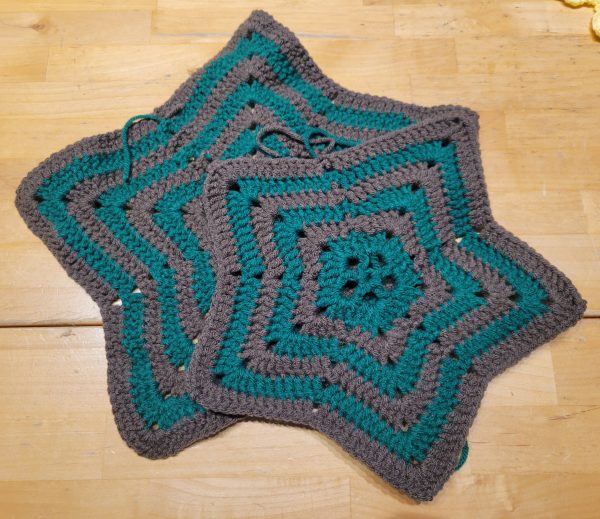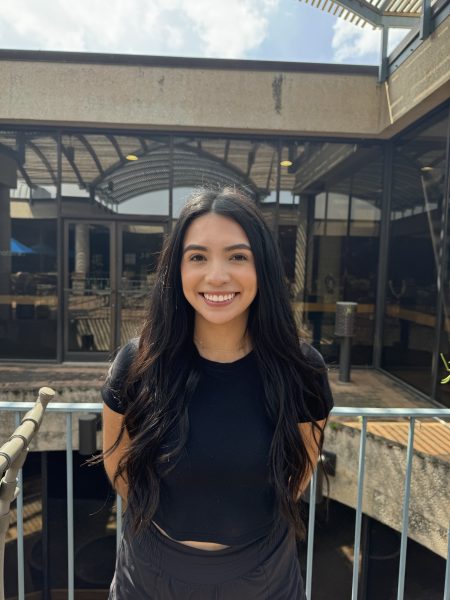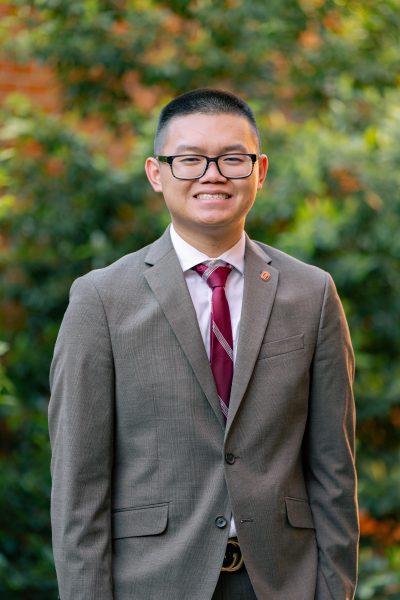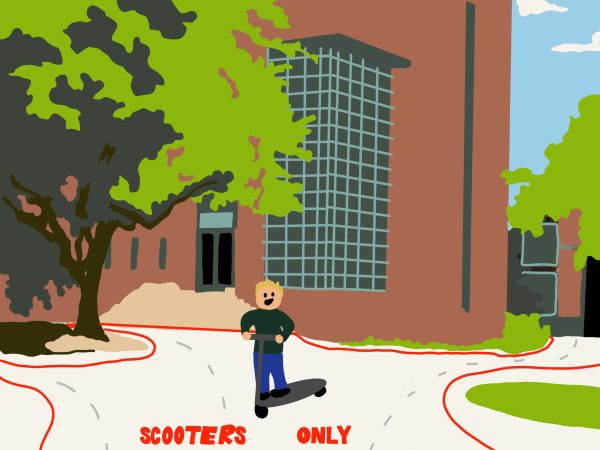Diwali: A celebration of culture and light.
Like chaotic children, a group of fathers ran giggling with glee across the road. Parents clutched their kids and began muttering their prayers. People had tied dynamite fireworks together, just as they did every Diwali. The holiday empowers those who celebrate to run rampant with fiery power, lighting fireworks like there’s no tomorrow. Breaking rules as if consequences do not exist and making decisions that almost burn down houses is peak Diwali. This holiday is the triumph of light over darkness, of good over evil. For one day, it feels like nothing can cause harm, that testing fate by lighting dangerous fireworks is just the spitting image of fun.
Unbeknownst to most, Diwali is not just a Hindu holiday. South Asians across the world celebrate their own versions of this observance. Therefore, the definition of Diwali changes based on who you ask. For example, Riya Vankamamidi, first-year psychology major and member of the South Asian Student Association, said that Diwali has always been important to her and her family growing up.
“To me, Diwali reminds me of fireworks my family would crack in the backyard. It’s an amazing experience to be surrounded by family and friends … eating Kaju Katli and dancing to Bollywood music,” Vankamamidi said. Kaju Katli is an Indian sweet, also fondly referred to as a Diamond Sweet, due to its shape being similar to that of the gem.
Diwali is most commonly regarded as the day Prince Rama of Ayodhya returned to his home after being exiled for fourteen years and defeating the demon Ravana for his wife Sita. For most North Indian Hindus, such as myself and my family, we will tell you it is the coming of the New Year. This Diwali marks the beginning of the year 2079 in the Hindu calendar. However, South Indian Hindus also celebrate Diwali as the day Lord Krishna defeated the demon Naraksura. If you ask Jains, it is the day Lord Mahavira attained Nirvana. In parts of Bengal, the Goddess of Strength, Kali Ma, is most revered on this day. A pooja, or prayer, is conducted in Bengal homes in order to pay their respects to this powerful Goddess.
Nonetheless, no matter who you ask, this holiday is widely recognized as an auspicious day (or five days, for some parts of India) and an opportunity for new connections and family. Almost every home is filled with Indian sweets and lit diyas (clay lamps). Bollywood music plays and children design rangolis (traditional designs made of colored powder) on their floors. Most Hindus will leave their doors open and line their walkways with diyas in order to entice Lakshmi Ji, the Goddess of prosperity and wealth, into their homes. Almost every family’s house will have music blaring and families interacting. Fireworks are lit and dances are conducted with strangers in the spirit of camaraderie.
At Trinity, Diwali will be celebrated by the South Asian Student Association on Nov. 4 at 6 p.m. in Laurie Auditorium. The event is called the “Trinity Express” and will feature several performances, a dinner and for the first time at Trinity, sparklers.
“I’m super excited for Diwali this year. While it’s sad I can’t be at my Diwali celebration at home, I am looking forward to the South Asian Student Association’s Diwali celebration. Most of all, I’m excited to see the lineup of sweets and interesting dance performances that they’ll have on Nov. 4,” Vankamamidi said.
Khushi Kakadia, first-year SGA senator and also a member of the South Asian Student Association, is celebrating Diwali in her dorm, which is unusual, but she can’t imagine not celebrating it one way or another.
“Celebrating Diwali in your dorm is a little unconventional, to say the least. I’m not going to be doing a lot, as most of it, such as lighting a diya, because it goes against dorm rules. However, I do intend to wear all new clothes and pray to Lakshmi Ji because this occasion means a lot to me,” Kakadia said.
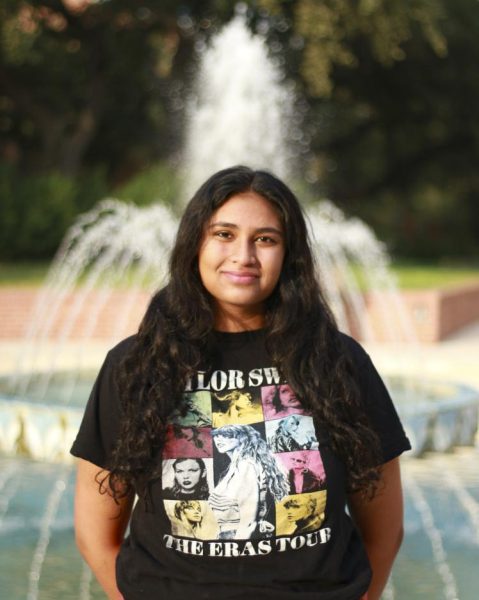
My name is Diya Contractor (she/her), and I'm a sophomore political science major. I work as the Opinion Editor for the Trinitonian. I also serve as the...
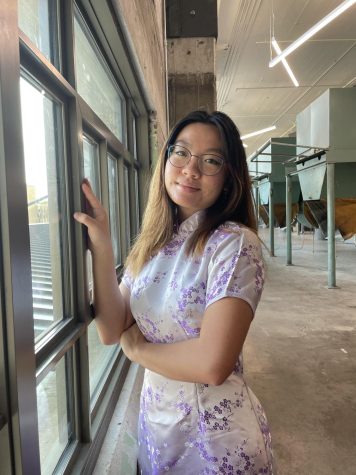
Hi guys! My name is Lily Zeng, and I am a sophomore from Memphis, TN majoring in Urban Studies with an interest in a Spanish major or minor. My favorite...

